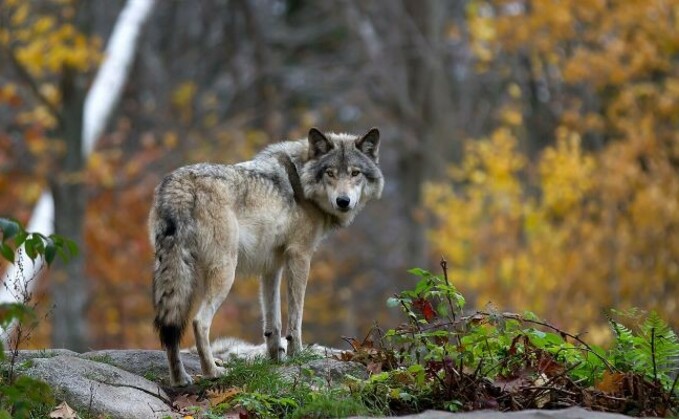
Researchers from the University of Leeds said the reintroduction of wolves in the Scottish Highlands could help sequester an estimated one million tonnes of carbon dioxide each year.
Reintroducing wolves to the Scottish Highlands could help efforts to reduce climate change by sequestering one million tonnes of carbon dioxide annually, a new study has revealed. Researchers from the...








.png)







